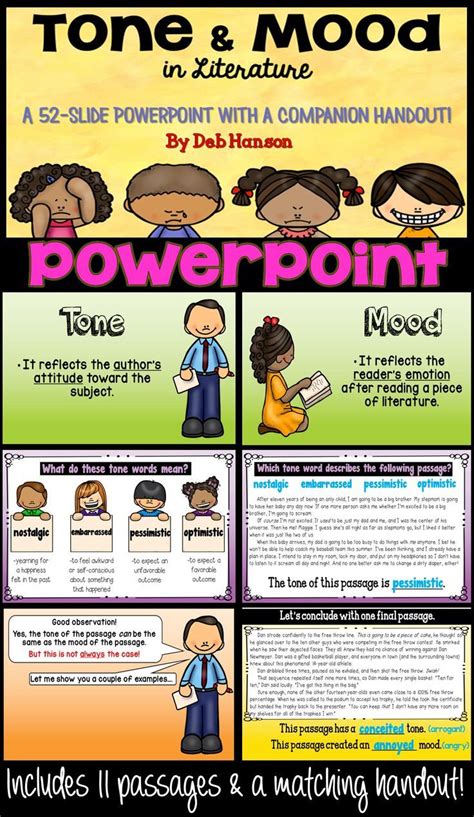Introduction
When reading a text, it’s important to pay attention to the tone in which it is written. The tone can convey the author’s attitude towards the subject matter, and can also help the reader to understand the intended meaning of the text. In this article, we will explore the different ways that tone can be conveyed in writing, and we will provide a list of words that can be used to describe the tone of a passage.

How to Determine the Tone of a Passage
There are a number of factors that can contribute to the tone of a passage, including the author’s choice of words, the sentence structure, and the overall style of writing. By paying attention to these factors, you can get a better sense of the author’s intended meaning.
Here are some specific things to look for when determining the tone of a passage:
- Word choice: The words that an author chooses can have a big impact on the tone of a passage. For example, words that are positive or uplifting can create a positive tone, while words that are negative or critical can create a negative tone.
- Sentence structure: The way that sentences are structured can also convey tone. For example, sentences that are short and simple can create a sense of urgency or excitement, while sentences that are long and complex can create a sense of formality or seriousness.
- Style of writing: The overall style of writing can also contribute to the tone of a passage. For example, a passage that is written in a conversational style can create a sense of intimacy or friendliness, while a passage that is written in a more formal style can create a sense of distance or authority.
Words That Describe the Tone of a Passage
There are a number of words that can be used to describe the tone of a passage. Here is a list of some of the most common words:
- Positive tone: cheerful, optimistic, upbeat, enthusiastic, hopeful
- Negative tone: pessimistic, cynical, critical, sarcastic, angry
- Neutral tone: objective, unbiased, impartial, factual, informative
- Formal tone: serious, dignified, respectful, authoritative
- Informal tone: casual, conversational, friendly, approachable, humorous
Identifying the Tone of a Passage
Now that we have explored some of the ways that tone can be conveyed in writing, let’s practice identifying the tone of a passage. Read the following passage and then identify the words that best describe the tone of the passage:
“The world is a beautiful place, full of wonder and amazement. There is so much to see and do, and so many people to meet. Every day is a new adventure, and I can’t wait to see what the future holds.”
The tone of this passage is positive. The author uses words like “beautiful,” “wonder,” “amazement,” and “adventure” to create a sense of excitement and optimism. The author also uses short, simple sentences to convey a sense of urgency and enthusiasm.
Conclusion
Identifying the tone of a passage is an important skill that can help you to better understand the intended meaning of a text. By paying attention to the author’s choice of words, sentence structure, and overall style of writing, you can get a better sense of the author’s attitude towards the subject matter.
